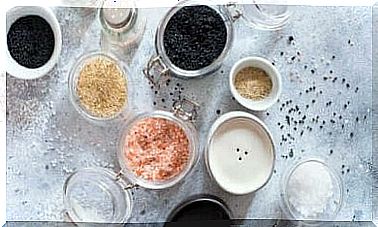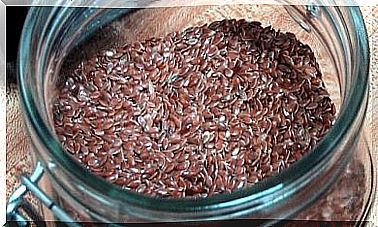Canned Food: Is It Safe For Health?
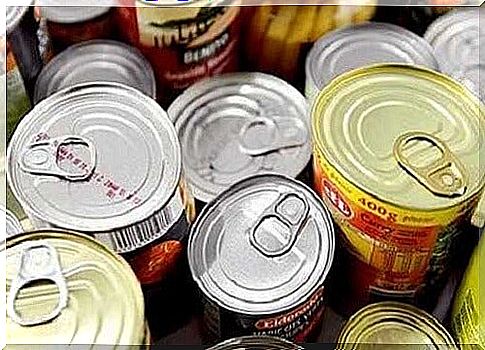
In this article, we invite you to learn about the dangers of eating canned food.
A large amount of foods on the market are stored in tins or tin cans and this seems like the most normal and healthy thing in the world. However, several studies reveal that this material generates a toxic compound that endangers health.
Tin cans have a special coating made of Bisphenol A resins. It doesn’t matter that you remember this name, just know that it accumulates in the body and its effects are not beneficial at all.
Risks related to the consumption of canned food
A study conducted at Harvard University revealed that people who consumed canned soup for five consecutive days had a large amount of Bisphenol A in their urine. Then, within five days these same people did not consume canned foods and their urine does not show any traces of Bisphenol A.
Is Bisphenol A toxic?
Bisphenol A (abbreviated to BPA) is the subject of study by many scientists. An article published in the Journal of the Medical Association reveals that this compound is used to make plastics, resins and cans. In the United States, a report has been released showing high levels of BPA in infants, children and fetuses.
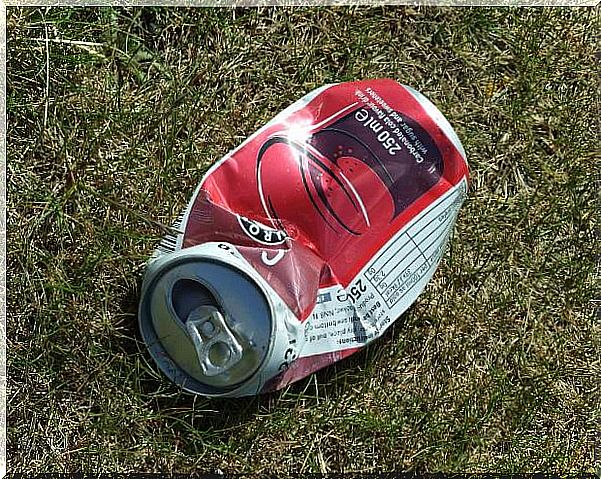
Canada was the first country in the world to declare BPA a toxic substance, as did the European Union which banned the use of this compound for the production of baby bottles. However, BPA resins are used for other products, such as the linings of cans or tin or metal boxes used for storing food and beverages.
There is not yet enough information to establish with certainty the harmful effects of the accumulation of Bisphenol A in the body. However, animal tests have yielded alarming results.
For example, BPA is known to be an endocrine disruptor, that is, it can alter the functioning of the hormonal system. It links it to diabetes, cardiovascular disease and obesity.
As a result, the problem is not so much canned food even though we must still be careful, but the food comes into contact with Bisphenol A.
Thanks to a series of experiments, scientists are doing what they can to eliminate BPA from canned products. Especially to avoid the trade in food stored in BPA containers.

The risks of canned food
In addition to cans and canned foods, BPA is present in plastics and certain vacuum packed foods. The only wrappers or containers that are “saved” are those made of glass or paper. Have you ever stopped to think about how the flavor of a food changes based on where you store it?
Synthetic chemicals used to package, store or process food are silent enemies. None of us know what we are ingesting or what the health effects are. Ours and our family. Most of these compounds are not inert, so they can transfer to food without any problems.
People who consume a large amount of canned food are more exposed to these substances. As we have already told you, they cause obesity, hormonal changes, heart problems and diabetes.
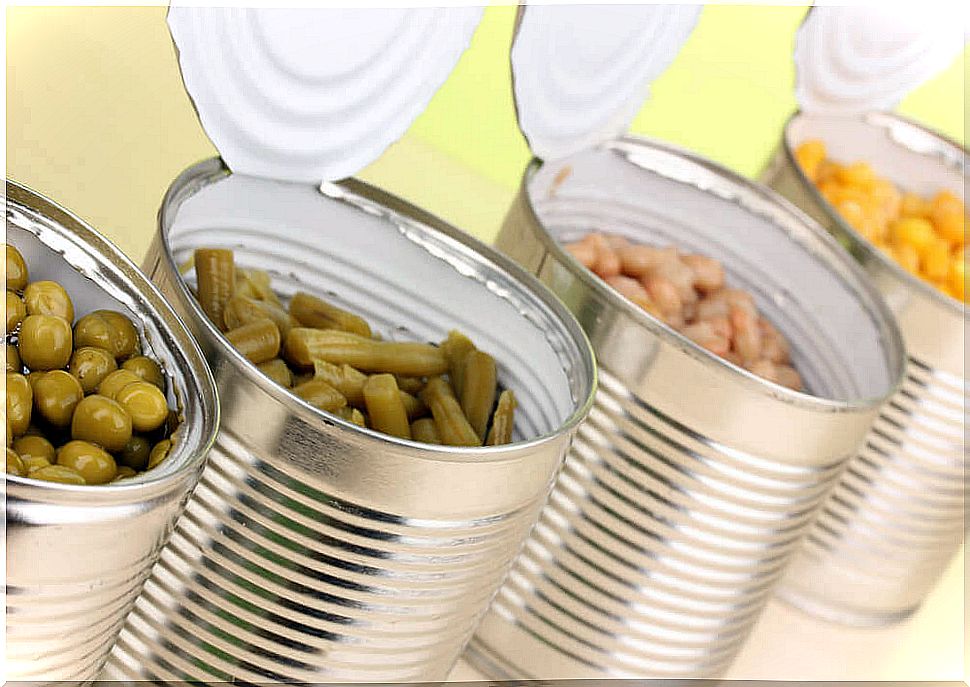
IS It is true that not much is known about it, not even what are the stages of these substances within the body. What is certain is that the cans contain “famous” toxic substances, such as formaldehyde, known among scientists for its carcinogenic effects. Formaldehyde is also present in plastic bottles, albeit in smaller quantities.
The dangers of cans of tuna
There is no doubt that it is one of the most consumed foods because it does not require cooking and can be added to any preparation. However, the benefits of fish such as Omega 3 fatty acid and phosphorus content could be compromised. This is due to the mercury present in the cans in which the tuna is stored. Mercury is a metal with toxic effects on the nervous system.
In addition to being present in cans, the water in many fishing areas is known to contain it as well. Mercury can increase the risk of myocardial infarction, sensorineural alterations, interferences in neurological development (in the case of the fetus), etc.
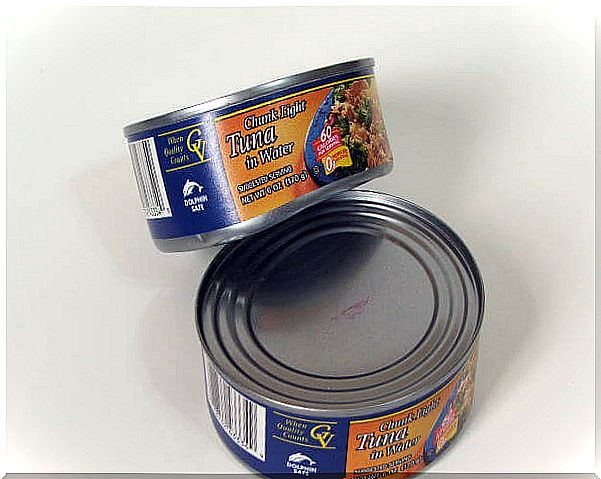
The risks of coating aluminum cans
Most commercial cans for food preservation have a plastic coating on the surface, also known as epoxy resin. In fact it serves to avoid any reactions of foods whose acids could erode the material of the container.
The idea is to use cans that last a long time, so they have a circular shape and have this coating.
Can poisoning, an “old” problem
If you think the canned food problem is new, then you should know the story of John Franklin ‘s fateful expedition to the Arctic, where many of the crew died from eating canned food.
This fact came to light many years later, thanks to several studies. The cause of death was lead poisoning, used to solder tin cans. There is myth in this tale and food preservation procedures have changed over time. Yet it is good to know that the problem of canned food is not new.

